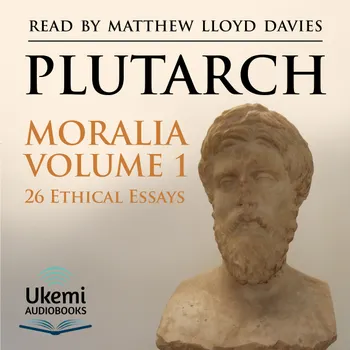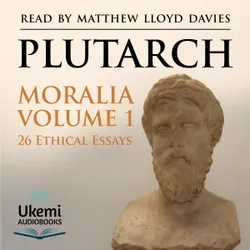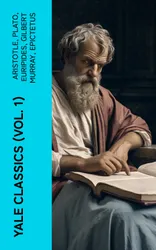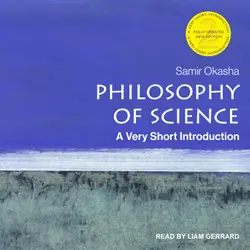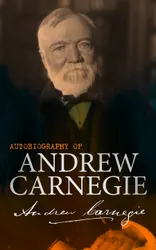Though best known now for his collection of lively and vivid Parallel Lives from ancient Greece and Rome, Plutarch (c46 CD-120 CE) was, for centuries, more respected for his Moralia, a remarkable and wide-ranging collection of essays and speeches. No fewer than 78 in total, they range over a broad list of topics in which Plutarch observes, dispenses wisdom, admonishes, entertains and informs: covering social issues and politics, manners and religion - in short, life in general.
In this collection, volume 1 of the Ukemi series, are 26 Ethical Essays, a fascinating compilation, again wide-ranging: 'On Education of Children', 'On Love to One's Offspring', 'On Virtue and Vice', 'On Abundance of Friends', 'On Contentedness of Mind' and many more. It also includes the moving 'Consolatory Letter to His Wife'. Some of Plutarch's views reflect the environment of a highly educated Greek living in the milieu of the first-century Roman Empire - his comments on conjugal precepts may raise eyebrows when viewed through a 21st-century prism. But much of what he proposes and concludes is as relevant today as in his own time, and in the time of Montaigne (1533-1592) (who regarded the Moralia very highly), and in succeeding centuries.
Matthew Lloyd Davies presents Plutarch sympathetically, making these essays eminently absorbing. Selection and translation by Richard Shilleto.
